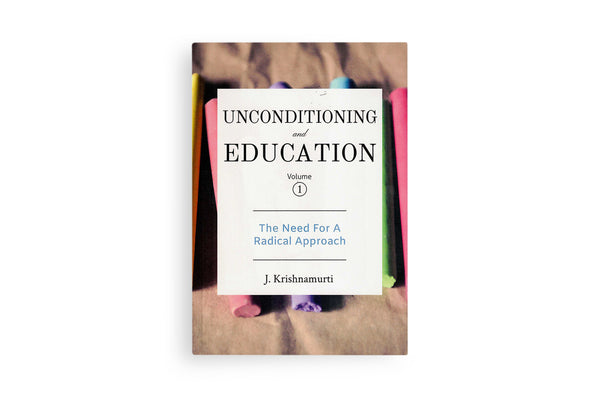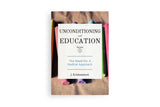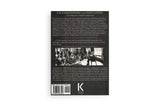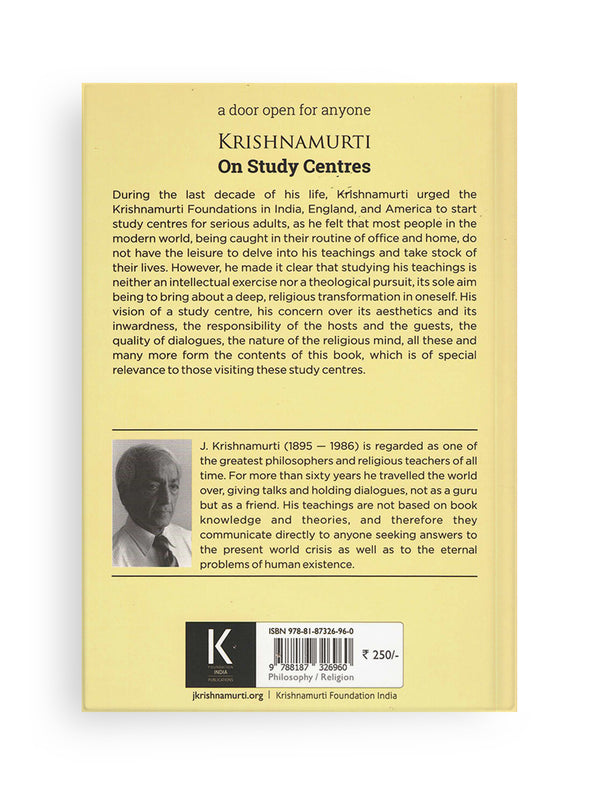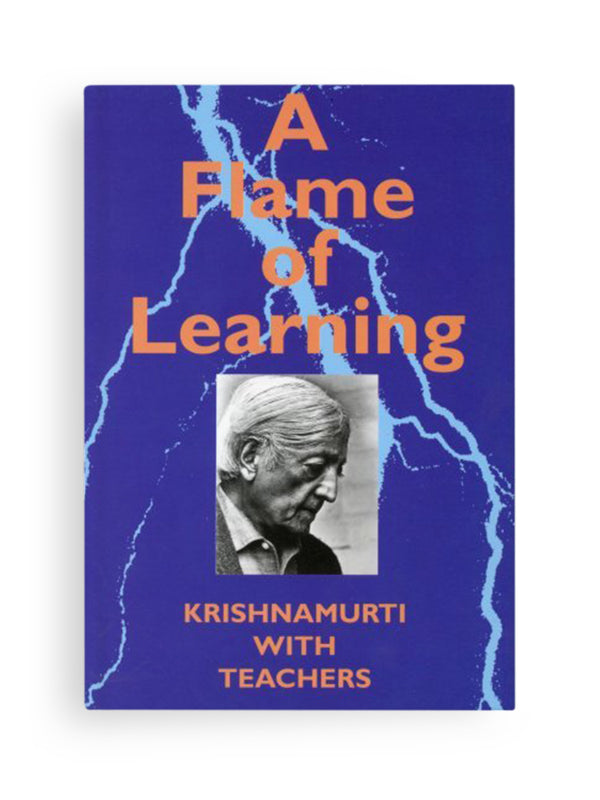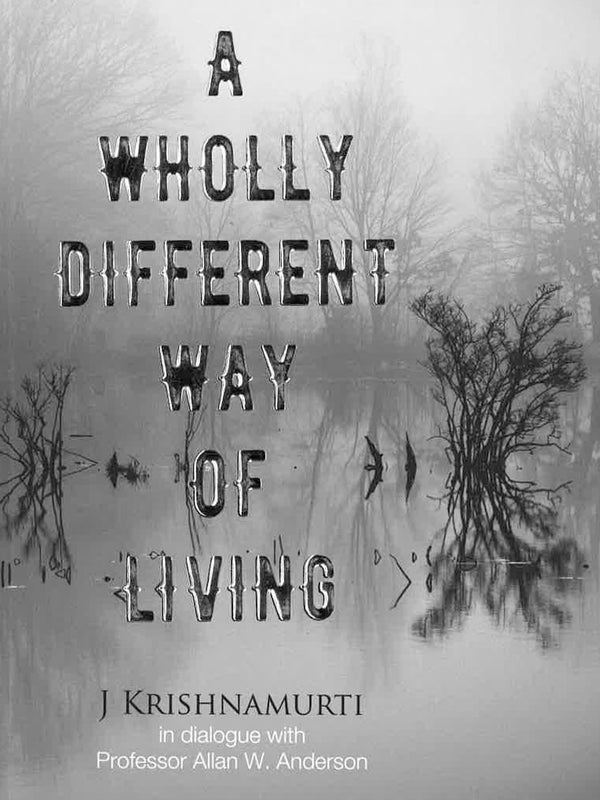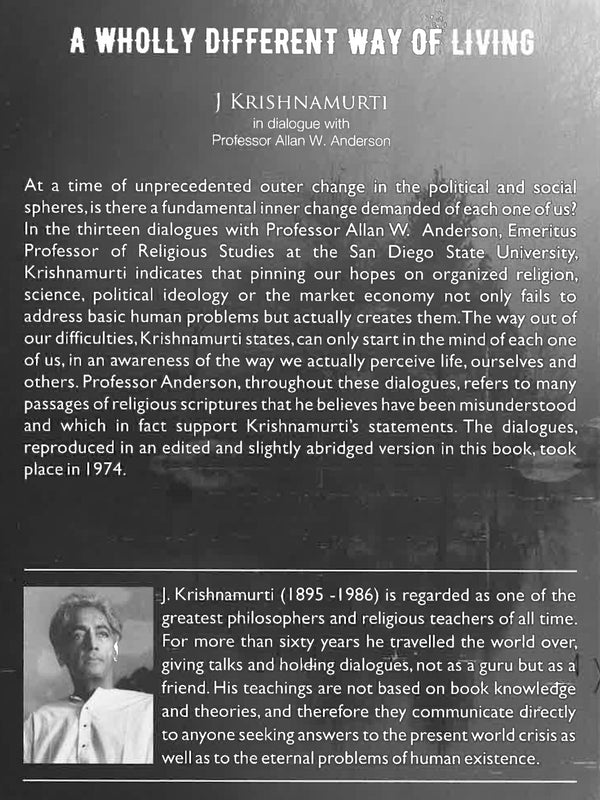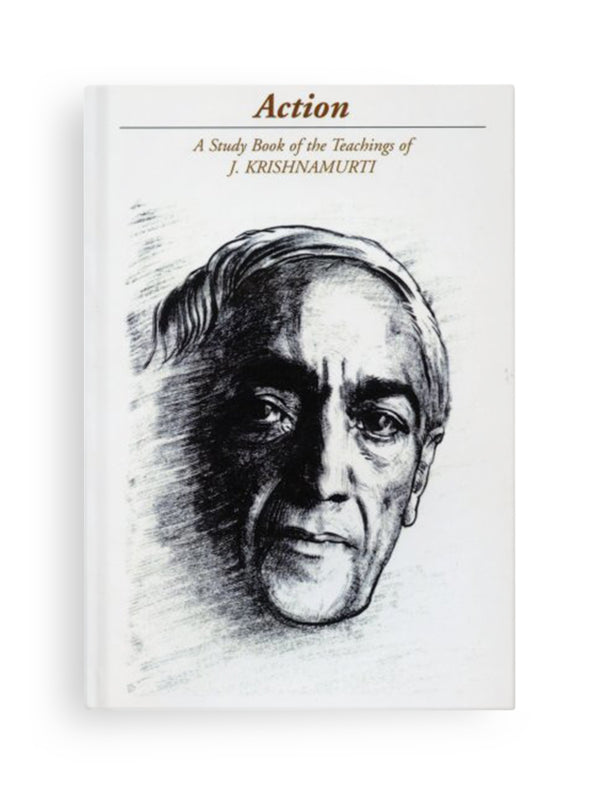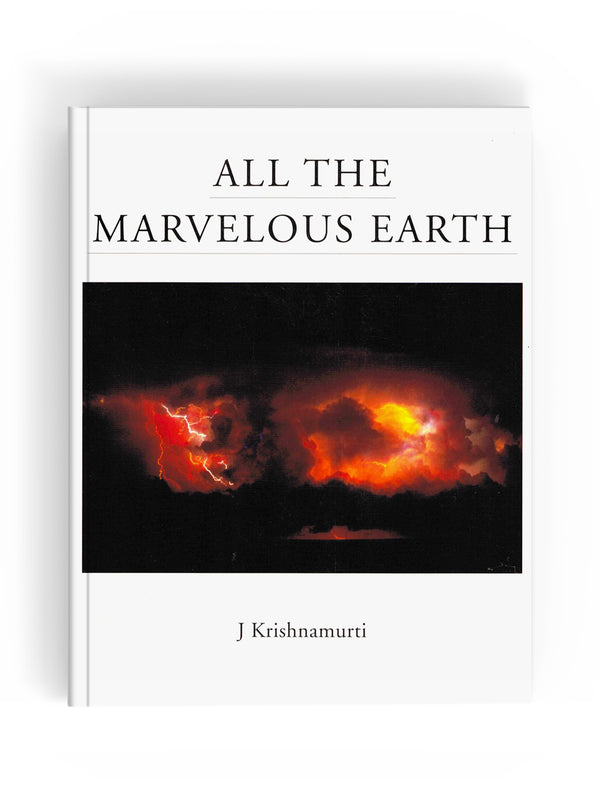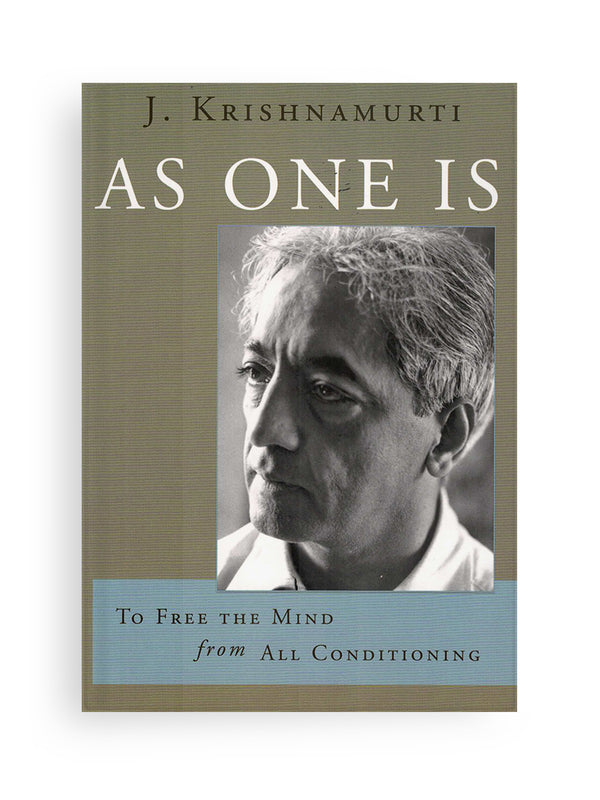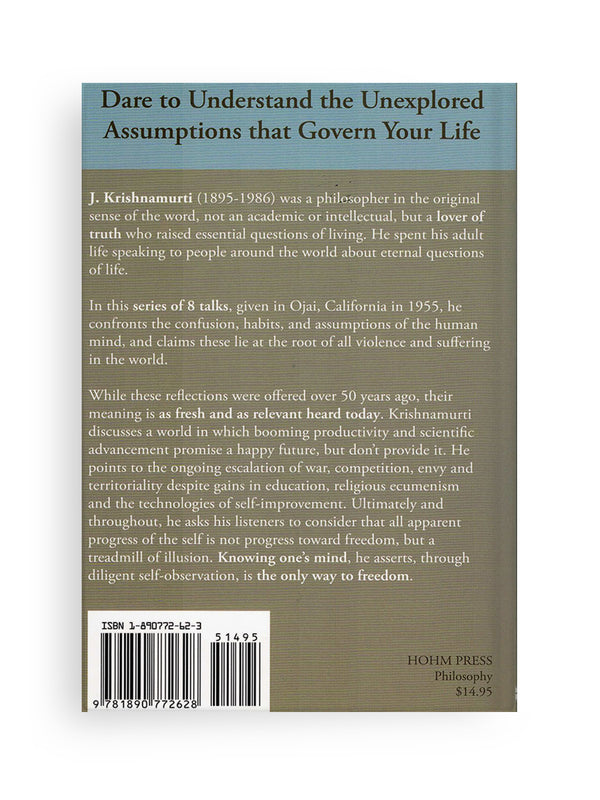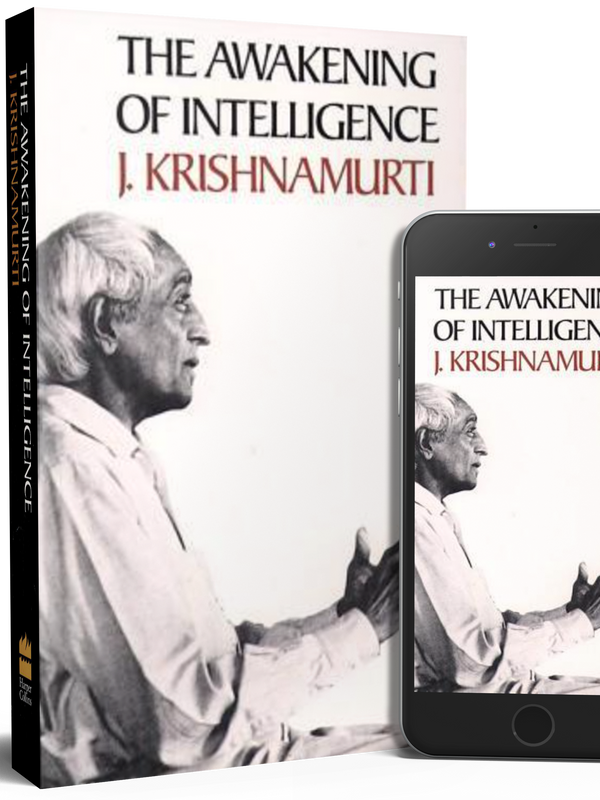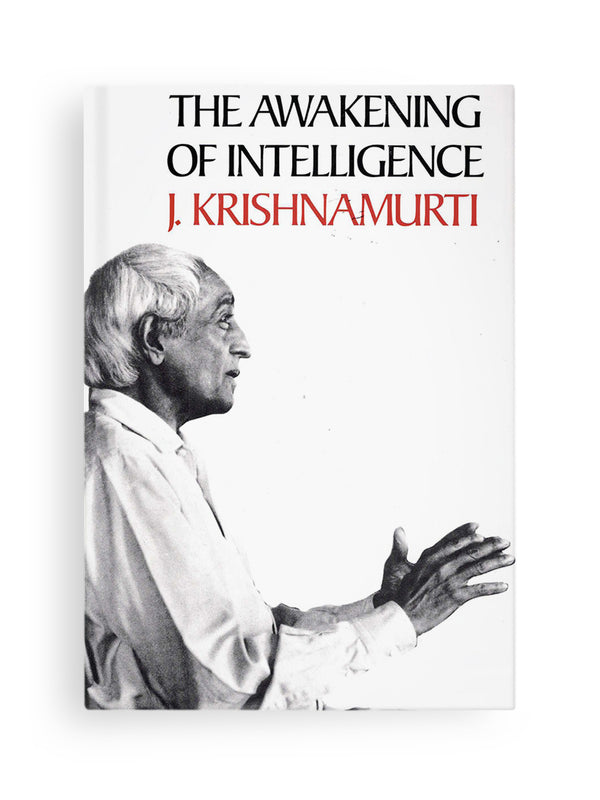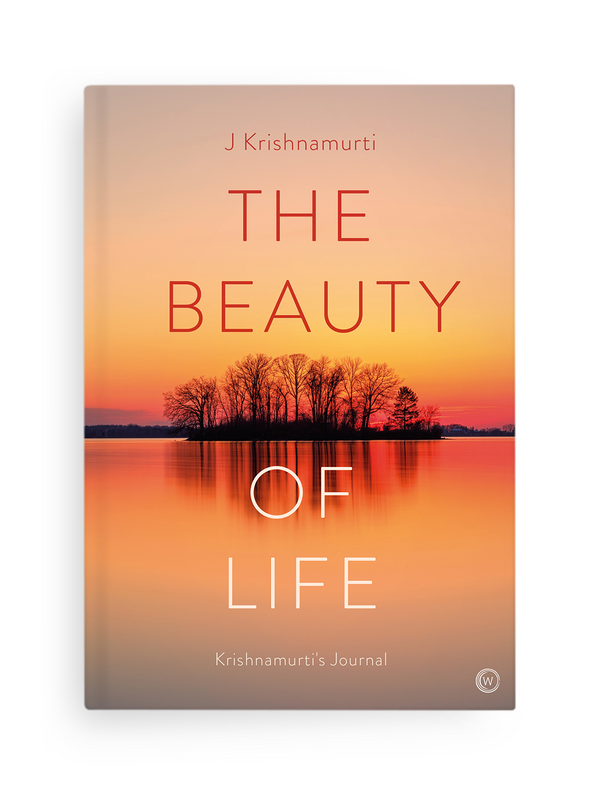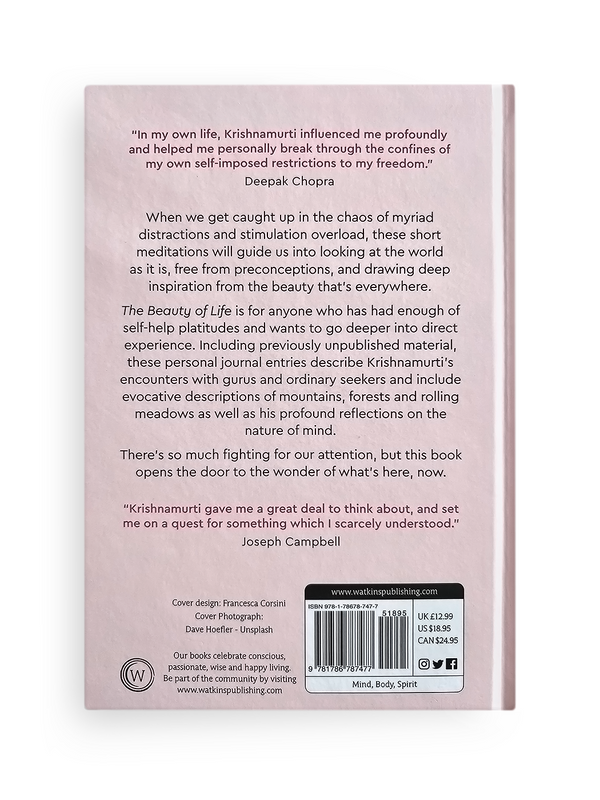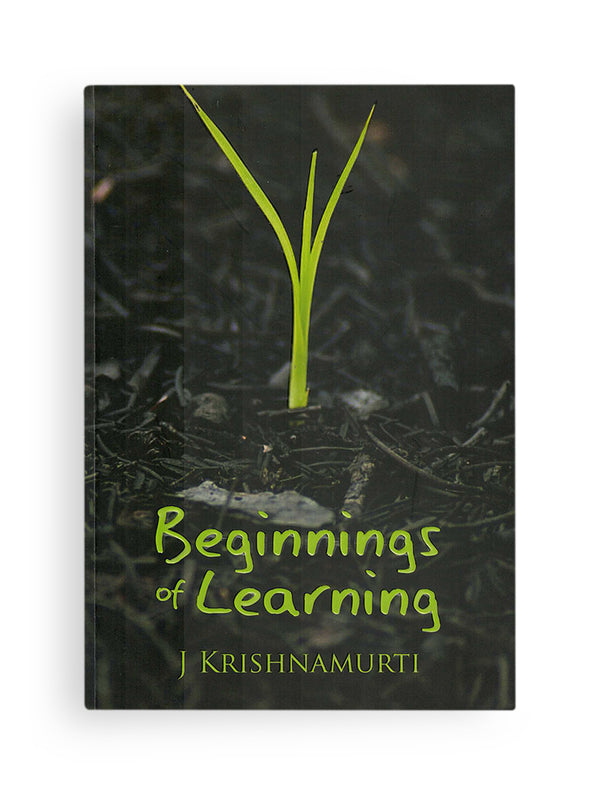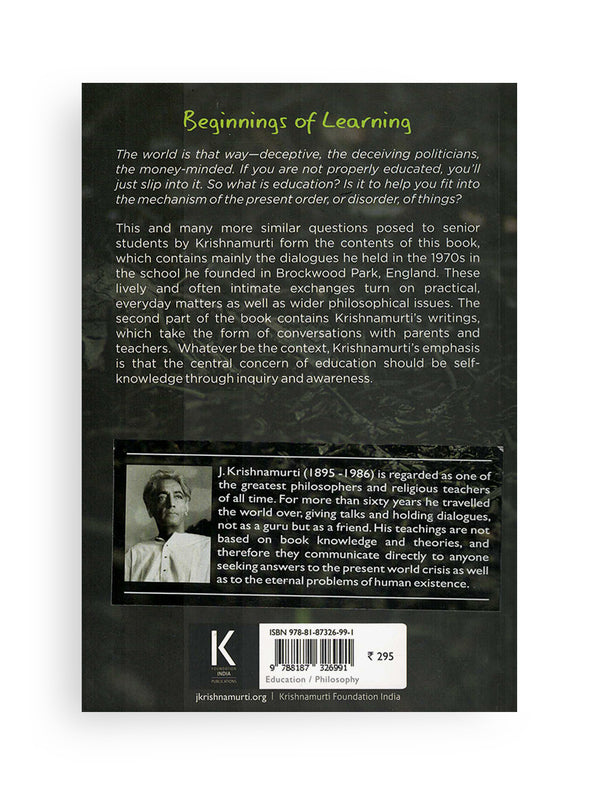Excerpt from the book:
What does it mean to be educated? Is it to conform to the pattern of society, acquiring enough knowledge to act skilfully in that society? Does to be educated mean adjusting oneself to society and following the dictates of that society? Is education merely to cultivate one segment of the mind to use knowledge skilfully?
Is it possible to educate the totality of man, instead of cultivating memory as we do, and depending on that memory to act skilfully? The cultivation of memory and dependence on that is part of the degeneration of humanity, because then man becomes merely mechanical, always acting in the field of the known. When we are acting in the field of knowledge, we are acting according to a past pattern; so then the brain must be conditioned, it has no flexibility.
Knowledge has become the factor of conditioning the mind to a certain pattern according to which it acts. We are asking if it is possible to educate human beings from childhood and beyond to nurture the whole outward and inward totality of man. Is it possible in our life to educate ourselves completely, totally, inwardly as well as outwardly?
[Abstracted from one of J. Krishnamurti’s dialogues with parents and teachers as they discussed their intention to begin Oak Grove School in Ojai, California.]
Publisher: Krishnamurti Publications International
Author: J. Krishnamurti
Language: English
156 pp - Paper
Customer Reviews
Jiddu Krishnamurti lived from 1895 to 1986, and is regarded as one of the greatest philosophical and spiritual figures of the twentieth century. Krishnamurti claimed no allegiance to any caste, nationality or religion and was bound by no tradition. His purpose was to set humankind unconditionally free from the destructive limitations of conditioned mind. For nearly sixty years he traveled the world and spoke spontaneously to large audiences until the end of his life in 1986 at the age of ninety. He had no permanent home, but when not traveling, he often stayed in Ojai, California, Brockwood Park, England, and in Chennai, India. In his talks, he pointed out to people the need to transform themselves through self knowledge, by being aware of the subtleties of their thoughts and feelings in daily life, and how this movement can be observed through the mirror of relationship.

